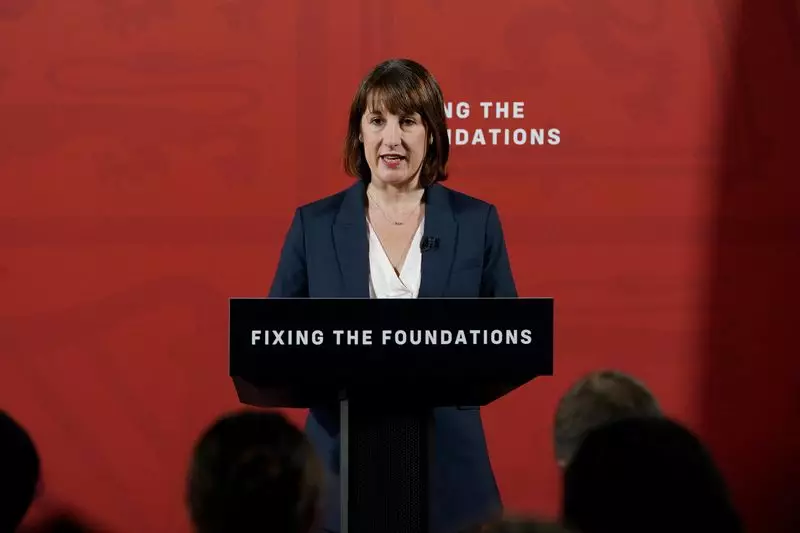British finance minister Rachel Reeves recently announced that she would need to raise taxes in the upcoming budget, citing a 22 billion pound shortfall. This move was expected after the Labour Party’s election win, highlighting the financial challenges facing the country.
In a recent interview with The News Agents podcast, Reeves confirmed that tax increases would be necessary in the budget. While she did not specify which taxes would be raised, she emphasized the need for “difficult decisions” to address the budget shortfall. Reeves also reiterated her commitment not to raise income tax rates, National Insurance payments, value-added tax, or corporation tax.
The decision to raise taxes comes on the heels of announced spending cuts totaling 13.5 billion pounds over the next two years. Reeves justified these cuts by claiming that the previous Conservative government had concealed the true state of public finances. This has sparked debate, with the Conservative Party denying these accusations and asserting that Labour had always intended to raise taxes.
The announcement of tax increases and spending cuts has sparked a broader debate over fiscal policy in the UK. Critics argue that raising taxes could stifle economic growth and harm working families, while supporters maintain that such measures are necessary to address the budget deficit.
Challenges Ahead
As Rachel Reeves prepares to unveil her budget on October 30, she faces significant challenges in balancing the need for increased revenue with the potential economic consequences of tax hikes. The pressure is on to deliver a fiscally responsible plan that will address the country’s financial challenges without sacrificing growth and prosperity.
British finance minister Rachel Reeves is navigating a complex fiscal landscape as she prepares to announce tax increases in the upcoming budget. The decision to raise taxes comes amidst broader debate over fiscal policy and economic growth, highlighting the challenges facing the UK in the post-election period. Reeves must strike a delicate balance in addressing the budget shortfall while also supporting economic recovery and stability.

